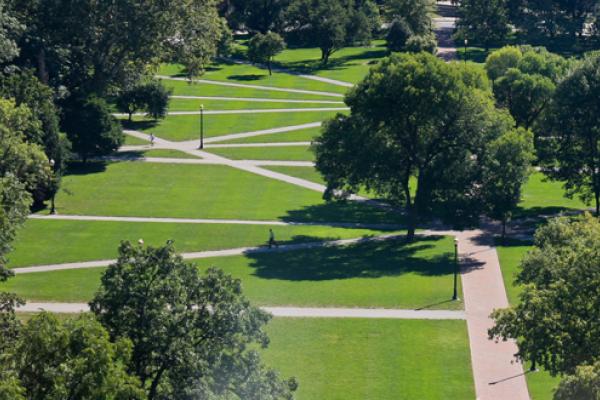
Weak lensing, galaxy clustering, and the abundance of galaxy clusters probe different aspects of cosmic structure formation, and combining these measurements improves constraints on cosmology significantly. However, these observables probe the same underlying density field, and the information content is correlated. Additionally, they share correlated (astrophysical and observational) systematic effects. I will describe the ongoing joint analysis of probes of large-scale structure in the Dark Energy Survey. The unprecedented data quality and data volume of future surveys will require a new generation of analysis frameworks, and I will conclude by outlining some of the statistical and computational challenges for the interpretation of these data sets.
